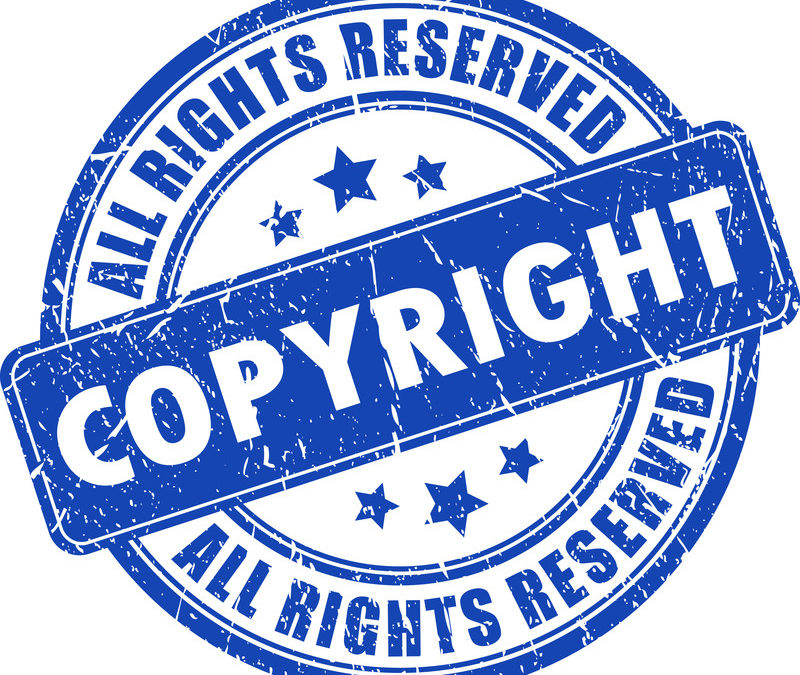There is a lot of material available on the internet and homeschool families regularly take advantage of this fact. Unfortunately, not all of them do it legally, some don’t even realize that they are breaking the copyright law. Here’s a ready reckoner to help you understand if you are violating copyright laws.
What is a Copyright?
Copyright laws hep protect the Intellectual Property of an author. This means that the story, poem, or novel, that is written by the author belongs to the author. Say for instance you create a worksheet on multiplying fractions, then decorate it with some doodles, you have created an original intellectual property. Now if you add this worksheet to a homeschool forum you are sharing it with the members of that forum for their personal use.
How can a Copyright be Infringed?
Your copyright to the worksheet you created will be infringed if someone from that homeschool forum takes your worksheet and puts it up on another website for sale. They are, in effect, stealing your intellectual property and hoping to make a profit from it. This action is called an infringement of the author’s copyright. As the creator of the worksheet you can take them to court over this infringement if they are earning money from your worksheet.
When does Copyright Violation become a Crime?
In the United States commercial copyright violation involving more than 10 copies and value over $2500 is a felony. So if the person has sold your worksheet more than ten times and has earned over the two and half thousand dollars it no longer stays a Civil Court case, but becomes a Criminal Court case. The punishments for the crime now have far more stringent repercussions.
The example of the worksheet introduces you to one type of intellectual property. The images that are often posted on the internet are also protected by copyright laws and only the owner gets to post them again. Same is true with the content written on various websites. So each time you wish to download and use some material, make sure that you get the permission of the copyright owner so that you can legally use the intellectual property.

